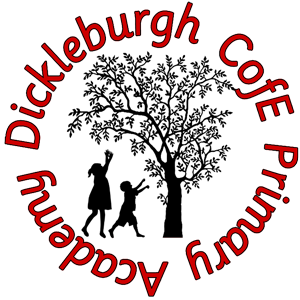“The important thing is to never stop questioning.” -Albert Einstein.
INTENT
Our Science curriculum aims to provide the foundations for understanding the world through the specific disciplines of biology, chemistry and physics. We aim to provide a Science curriculum that stimulates and excites pupils’ curiosity about phenomena and events in the world around them. We aim to encourage pupils to ask, not just ‘what’ but, ‘why’ and ‘how’. Science skills give children the ability to discover answers independently and give them the tools to further their own knowledge. Our Science teaching is about getting hands-on in as many different ways as possible. The Science curriculum has been carefully crafted to engage and inspire all students and maintain curiosity throughout their years at our school.
IMPLEMENTATION
In Science, we implement an inclusive curriculum that meets the statutory requirements of the National Curriculum.
Our curriculum is well-planned and provides literacy-rich, cross-curricular opportunities. This allows the children to also apply their mathematical knowledge to enhance their understanding of Science. Working scientifically skills are built into lessons, in order to embed scientific understanding.
Science is about developing and evaluating explanations through experimental evidence and modelling. Pupils learn to question and discuss science-based issues that may affect their own lives, the direction of society and the future of the world. With these skills, pupils develop abilities to scrutinise the validity of information which may be presented to them in every corner of life and decide logically if the information is likely to be correct.
At Key Stage 1, pupils observe, explore and ask questions about living things, materials and physical phenomena. They begin to work together to collect evidence to help them answer questions and to link this to simple scientific ideas. Students start to evaluate evidence and consider whether tests or comparisons are fair. Reference materials are used to discover more about scientific ideas. Emerging ideas are shared and communicated using appropriate scientific language, drawings, charts and tables and IT.
At Key Stage 2, pupils learn about a broader range of living things, materials and physical phenomena. They make links between ideas and explain things using more advanced models and theories. Science motivates pupils to explore the world around them and uses practical experiments to understand how our actions affect the environment surrounding us. Developing skills from KS1, students carry out more systematic investigations, working on their own and collaboratively. Students draw on a wide range of sources to reference their work and improve their ability to communicate results and significance, using a wide range of scientific language, diagrams, graphs and technology.
All lessons have clear learning objectives, which are shared and reviewed with the pupils effectively. A variety of strategies, including questioning, discussion and marking, are used to assess progress. Assessment information is used to direct subsequent teaching.
IMPACT
Our Science curriculum ensures that children are given essential knowledge, skills and concepts to understand how science can be used to explain what is occurring, how things behave and to analyse causes. Pupils learn to question and discuss science-based issues that may affect their own lives, the direction of society and the future of the world. With these skills, pupils develop abilities to scrutinise the validity of information which may be presented to them in every corner of life and decide logically if the information is likely to be correct.
All pupils’ learning is progressive, developmental and most of all stimulating to their general interest. Children develop the skills of creativity, perseverance and co-operation to enhance their ability to learn confidently in the whole curriculum.
Spiritual Development
We encourage our children to become scientists and ask questions, take risks, reflect and learn from what they do in our Science Curriculum. We encourage them to show curiosity and open their minds when they explore scientific questions.



